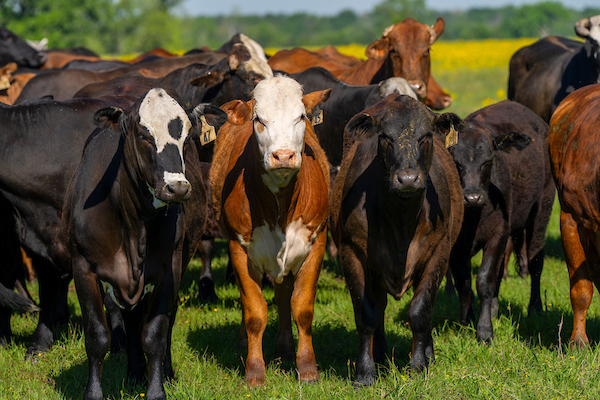AgriLife Extension webinar to highlight Aldo Leopold’s tools for wildlife management
Program includes special focus on cattle grazing practices for wildlife diversity
Aldo Leopold’s five tools of wildlife management will be the focus of a Texas A&M AgriLife Extension Service webinar on Aug. 1 from noon to 1 p.m.

Leopold is considered to be the father of modern wildlife ecology and conservation, and his concepts guide many aspects of holistic land management.
The webinar is part of the ongoing Department of Rangeland, Wildlife and Fisheries Management Stewardship Series.
Cost is $35, and advance registration is required at https://tx.ag/AldoLeopold. One Texas Department of Agriculture general continuing education unit for pesticide applicators will be available upon completion for in-person attendees.
After payment is received, a follow-up email will be sent from the event organizer with instructions on how to access the webinar.
Key tools of wildlife and habitat management
The featured speaker will be Stacy Hines, Ph.D., AgriLife Extension rangeland habitat management specialist and assistant professor in the Texas A&M College of Agriculture and Life Sciences Department of Rangeland, Wildlife and Fisheries Management, Corpus Christi.
“I think Aldo Leopold said it best in his 1933 book, ‘Game Management,’” Hines said. “‘Game can be restored by the creative use of the same tools that have heretofore destroyed it — the ax, plow, cow, fire and gun.’”
Hines’ presentation will discuss how Leopold’s tools, including added tools like herbicides, can be responsibly used to control invasive species on Texas rangelands to improve wildlife habitat.
Additionally, Hines will discuss recently published research illustrating how landowners can apply cattle grazing on Texas rangelands to increase plant and wildlife diversity.
“Enhancing plant diversity on rangelands will promote the diversity of wildlife species that utilize the space, such as white-tailed deer and quail,” Hines said. “Specifically, our research focused on the effect cattle grazing had on increasing forb abundance and plant species diversity.”
Takeaways from the lecture
Following the lecture, Hines said participants will have a better understanding of good grazing management practices and the importance of flexibility in management actions given the state’s highly variable seasonal weather patterns.
For questions, contact Casey Matzke, AgriLife Extension program manager, Bryan-College Station, at [email protected].





